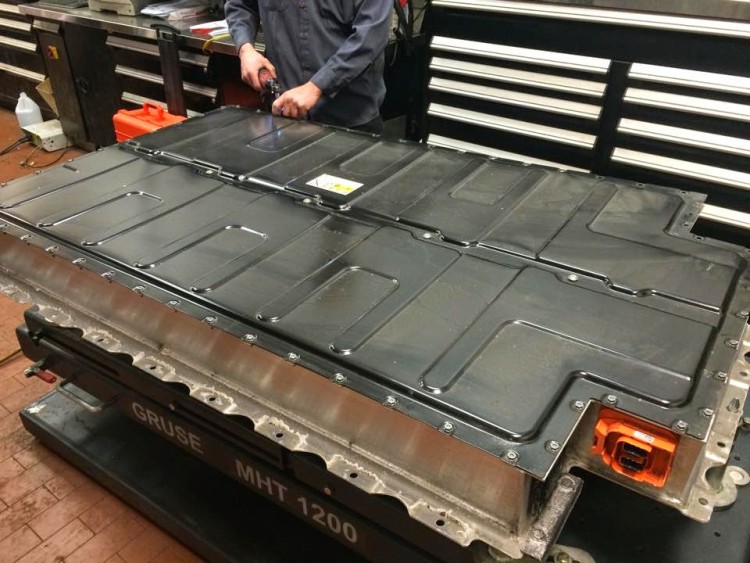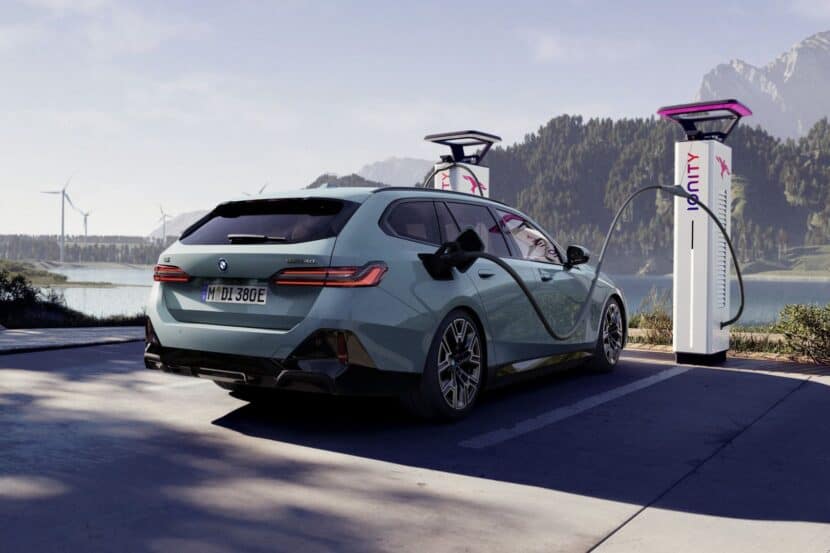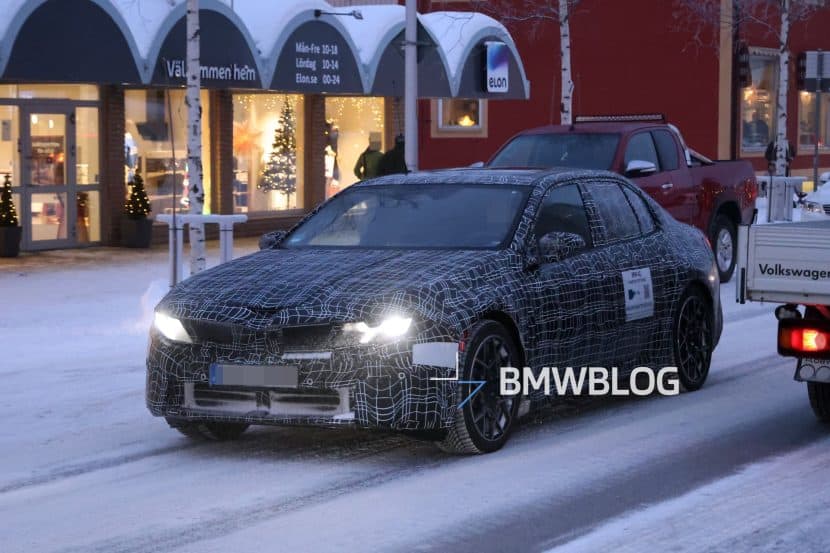Klaus Fröhlich, head of development at BMW, was interviewed by Engineering News and spent an extensive time focusing on electric mobility. Fröhlich believes the world is likely to have an electric vehicle (EV) population of around 10% in the next ten years, but within the next half century, most drivers will be behind the wheel of an electric vehicle. And with more EV owners and different models comes the challenge of battery replacements and/or upgrades.
“We have defined a certain cell standard millimetre height so that we can build new batteries in 50 years that have the same cell standard, even if the chemistry and energy density will be very different,” Fröhlich said. “This means that, when your car fails after 15 years and you go to a BMW shop to have a new battery fitted, you can do so.”
BMW’s new CEO, Harald Krueger has recently spoke about a future upgrade of the i3 battery pack, but has yet to lay out the upgrade plans for consumers. On the same topic, “We have to clarify industry standards that, when the battery is flat, [vehicle owners] can get some form of compensation,” Fröhlich added.
READ THIS: Battery Technology – The Future Of Electric Cars
The battery makes up two-thirds of an electric powertrain’s cost. Fröhlich says the the cost of EV batteries will not have the same steep downwards curve as we have come to expect from new technologies since the manufacturing materials remain the same. The cost savings are likely to appear from higher energy density in battery packs.
“Electric propulsion will be very expensive for quite a while, which is why I am also quite conservative to have too high a range from a weight and cost point of view. “A long range means more battery, which means more weight and cost.” So, while energy density in batteries may double in ten years, BMW is unlikely to double the range on its i3 EV designed for the city environment.”
BMW is likely to announced the updated i3 next summer.

















































